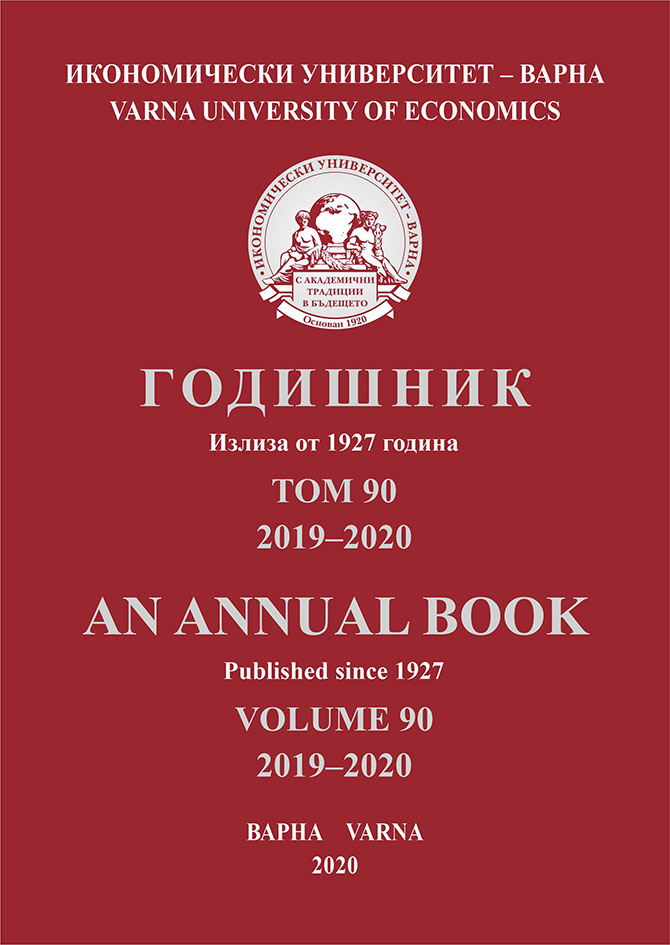Икономика на презграничните финансови потоци
Economics Of Cross-Border Financial Flows
Author(s): Garabed MinassianSubject(s): Economy, Financial Markets
Published by: Икономически университет - Варна
Keywords: cross-border financial flows; particular economy; local capital market
Summary/Abstract: There has been made an attempt at a comprehensive tracing and analytical evaluationof all major cross-border financial flows mainly in the countries of the former Council forMutual Economic Assistance, which joined the EU, and the impact of the former on theireconomic dynamics. Particular emphasis is placed on the macroeconomic elements and policies that delineate and create the conditions for cross-border financial flows as well as predetermine their scale, interactions and projections. There is an increase in the attractiveness of economically developed countries to capital from the poorer and lagging countries. There is triggered a kind of capital gravity, which attracts capital to the developed countries of the euro area. Economic rationality gives way to psychological expediency. Eurozone membership is not a unilateral win:lose game for all participants, nor is it an unconditional, universally beneficial undertaking. The attractiveness of individual countries to foreign capital depends entirely on the current state of the particular economy, on the opportunities it offers for accelerated economic dynamics, respectively its capacity to ensure predictable and acceptable levels of return. The act of attracting and retaining more liquid foreign investments in the form of portfolio investments is connected with the functioning of the local capital market.There has been made an attempt at a comprehensive tracing and analytical evaluation of all major cross-border financial flows mainly in the countries of the former Council for Mutual Economic Assistance, which joined the EU, and the impact of the former on their economic dynamics. Particular emphasis is placed on the macroeconomic elements and policies that delineate and create the conditions for cross-border financial flows as well as predetermine their scale, interactions and projections. There is an increase in the attractiveness of economically developed countries to capital from the poorer and lagging countries. There is triggered a kind of capital gravity, which attracts capital to the developed countries of the euro area. Economic rationality gives way to psychological expediency. Eurozone membership is not a unilateral win:lose game for all participants, nor is it an unconditional, universally beneficial undertaking. The attractiveness of individual countries to foreign capital depends entirely on the current state of the particular economy, on the opportunities it offers for accelerated economic dynamics, respectively its capacity to ensure predictable and acceptable levels of return. The act of attracting and retaining more liquid foreign investments in the form of portfolio investments is connected with the functioning of the local capital market.
Journal: Годишник на Икономически университет - Варна
- Issue Year: 90/2020
- Issue No: 1
- Page Range: 83-146
- Page Count: 64
- Language: Bulgarian

